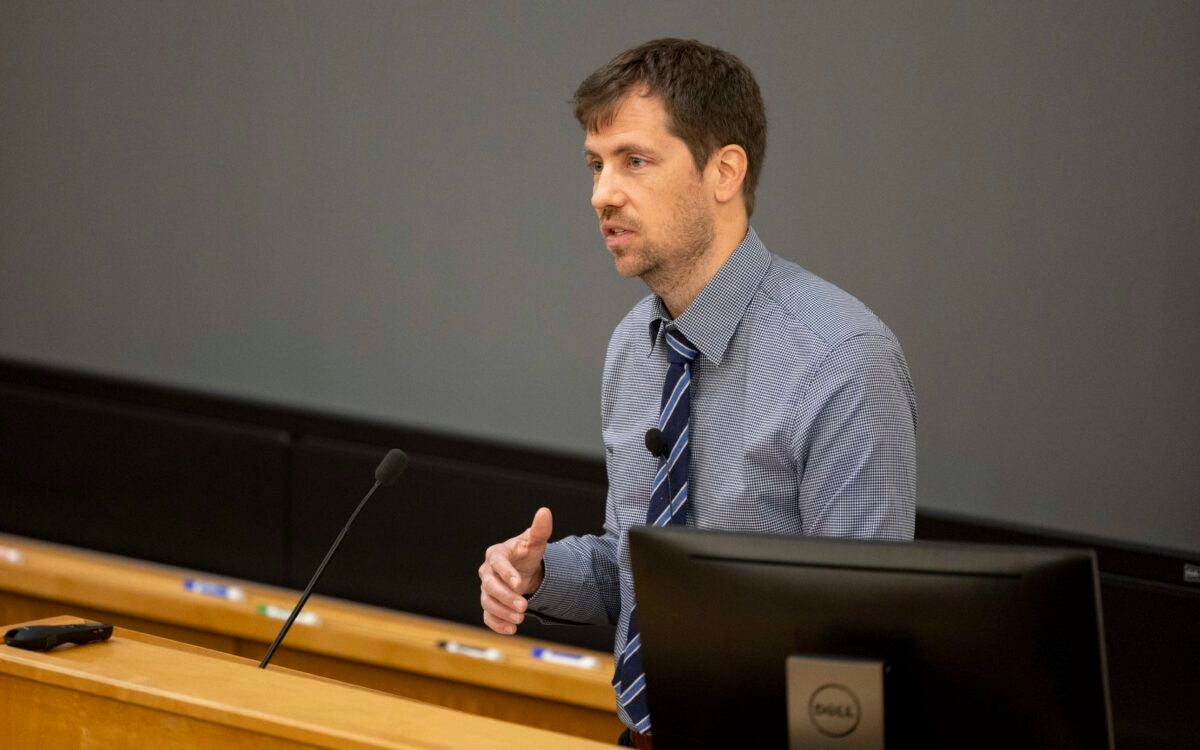Pursuing a path of diversity, inclusivity
Meredith Rosenthal, professor of Health Economics and Policy, is marking one year as Harvard School of Public Health’s associate dean for Diversity. Here, she discusses goals and challenges in creating a more diverse, more inclusive School—and why it’s so important.
HSPH: What’s going right at Harvard School of Public Health in terms of diversity and inclusion? And what needs improvement?
ROSENTHAL: We have a diverse and dynamic community at all levels, with countless grassroots and student-led initiatives that encourage dialogue about and celebration of differences. There are also important programmatic efforts in individual departments and laboratories. For instance, we have several pipeline programs to help prepare potential future applicants from underrepresented minority groups. There are summer programs that have been in place in biostatistics and biological sciences and epidemiology for many years. We are beginning to draw from these models to strengthen our ability schoolwide to attract and retain students from underrepresented groups.
HSPH: How is the School doing with regard to increasing the number of women and minority faculty?
ROSENTHAL: Over the last decade, we’ve increased our numbers of junior women faculty significantly; about 40 percent of our assistant and associate professors are women. The numbers in the senior faculty are, not surprisingly, lower — about 23 percent of full professors are women. The senior faculty numbers haven’t increased as much in part because of the low turnover of full professors and the long tenure track.




